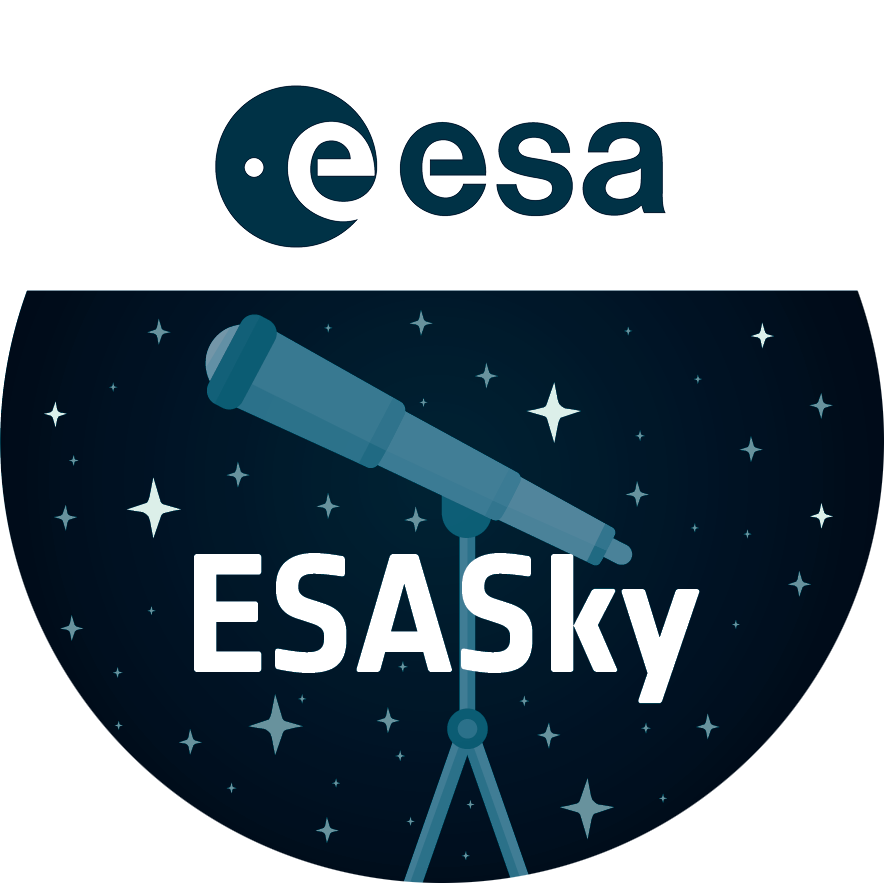About the Object
| Name: | NGC 4449 | |
|---|---|---|
| Distance: |
12 million light years | |
| Constellation: | Canes Venatici | |
| Category: | Galaxies Picture of the Month | |
Coordinates
| Position (RA): | 12 28 10.86 |
|---|---|
| Position (Dec): | 44° 5' 44.88" |
| Field of view: | 3.50 x 2.06 arcminutes |
| Orientation: | North is 137.0° right of vertical |
Colours & filters
| Band | Wavelength | Telescope |
|---|---|---|
|
Optical
B | 435 nm | Hubble Space Telescope ACS |
|
Optical
V | 555 nm | Hubble Space Telescope ACS |
|
Optical
H-alpha + NII | 658 nm | Hubble Space Telescope ACS |
|
Optical
I | 814 nm | Hubble Space Telescope ACS |
NGC 4449 (Hubble image)
Featured in this 2005 image (released in 2007) from the NASA/ESA Hubble Space Telescope is the dwarf galaxy NGC 4449. This galaxy, also known as Caldwell 21, resides roughly 12.5 million light-years away in the constellation Canes Venatici. It is part of the M94 galaxy group, which lies close to the Local Group that hosts our Milky Way.
NGC 4449 has been forming stars for several billion years, but it is currently experiencing a period of star formation at a much higher rate than in the past. Such unusually explosive and intense star formation activity is called a starburst and for that reason NGC 4449 is known as a starburst galaxy. In fact, at the current rate of star formation, the gas supply that feeds the production of stars would only last for another billion years or so. Starbursts usually occur in the central regions of galaxies, but NGC 4449 displays more widespread star formation activity, and the very youngest stars are observed both in the nucleus and in streams surrounding the galaxy. It's likely that the current widespread starburst was triggered by interaction or merging with a smaller companion; indeed, astronomers think NGC 4449's star formation has been influenced by interactions with several of its neighbours.
Hundreds of thousands of vibrant blue and red stars are visible in this image. Hot bluish-white clusters of massive stars are scattered throughout the galaxy, interspersed with numerous dustier reddish regions of current star formation. Massive dark clouds of gas and dust are silhouetted against the flaming starlight.
[Image Description: A close-in view of the central area of a dwarf galaxy. Arms and patches of bluish-white, pointlike stars fill the galaxy. Small regions in the centre and lower-left shine brightly pink, where stars are forming. Threads and wisps of dark reddish dust cross the galaxy, mostly close to the forming stars.]
Credit:NASA, ESA, A. Aloisi (ESA/STScI) and The Hubble Heritage (STScI/AURA)-ESA/Hubble Collaboration
About the Image
| Id: | potm2405e | |
|---|---|---|
| Type: | Observation | |
| Release date: | 29 May 2024, 14:10 | |
| Size: | 5249 x 3093 px | |




